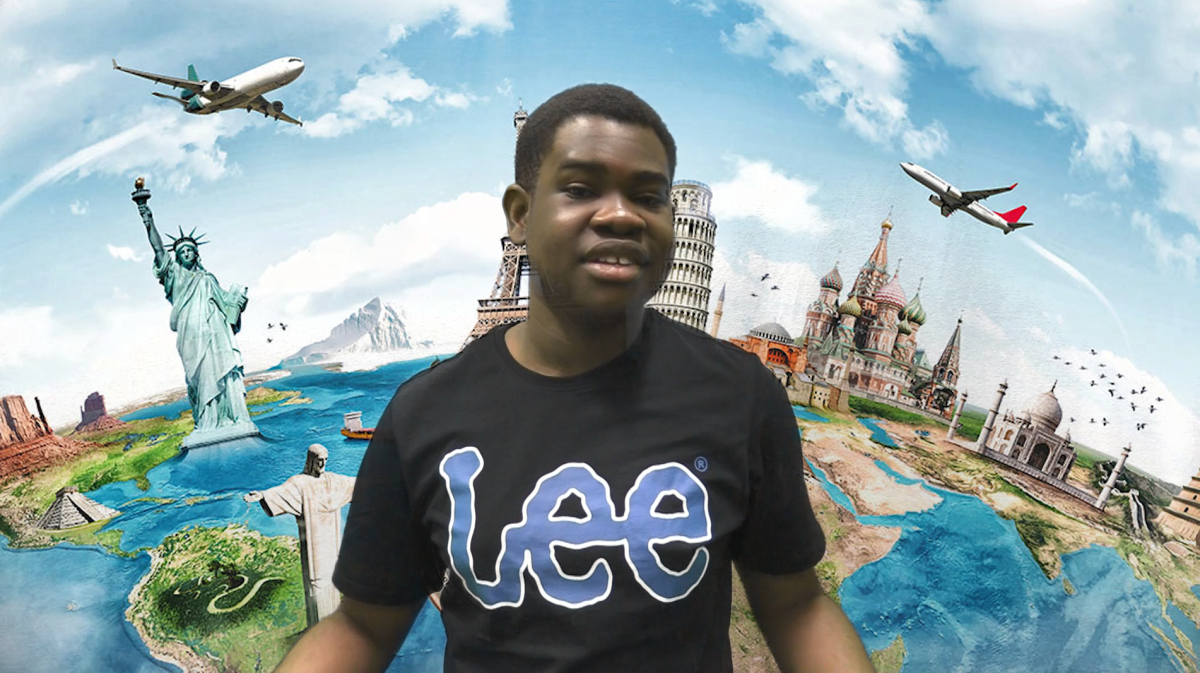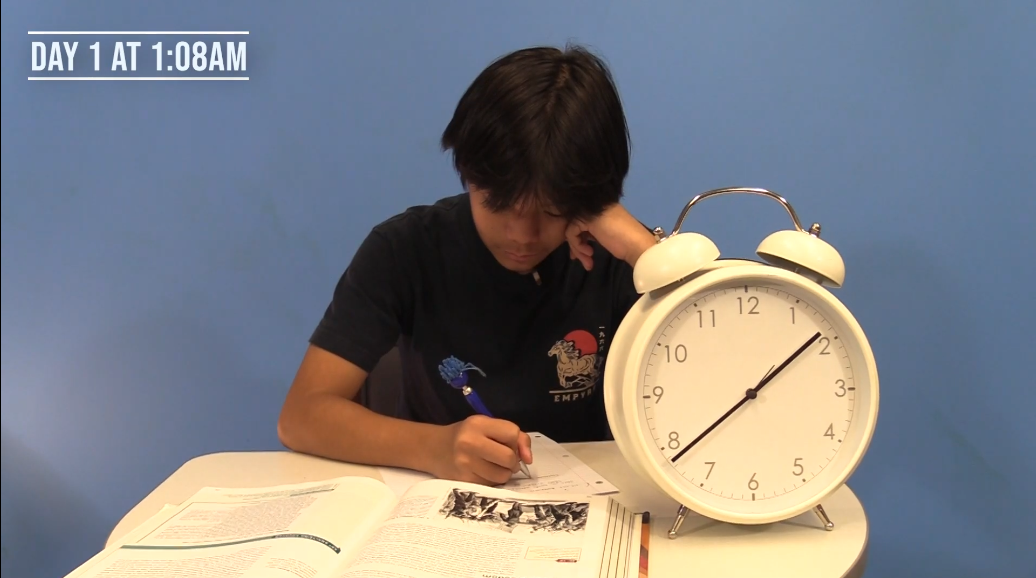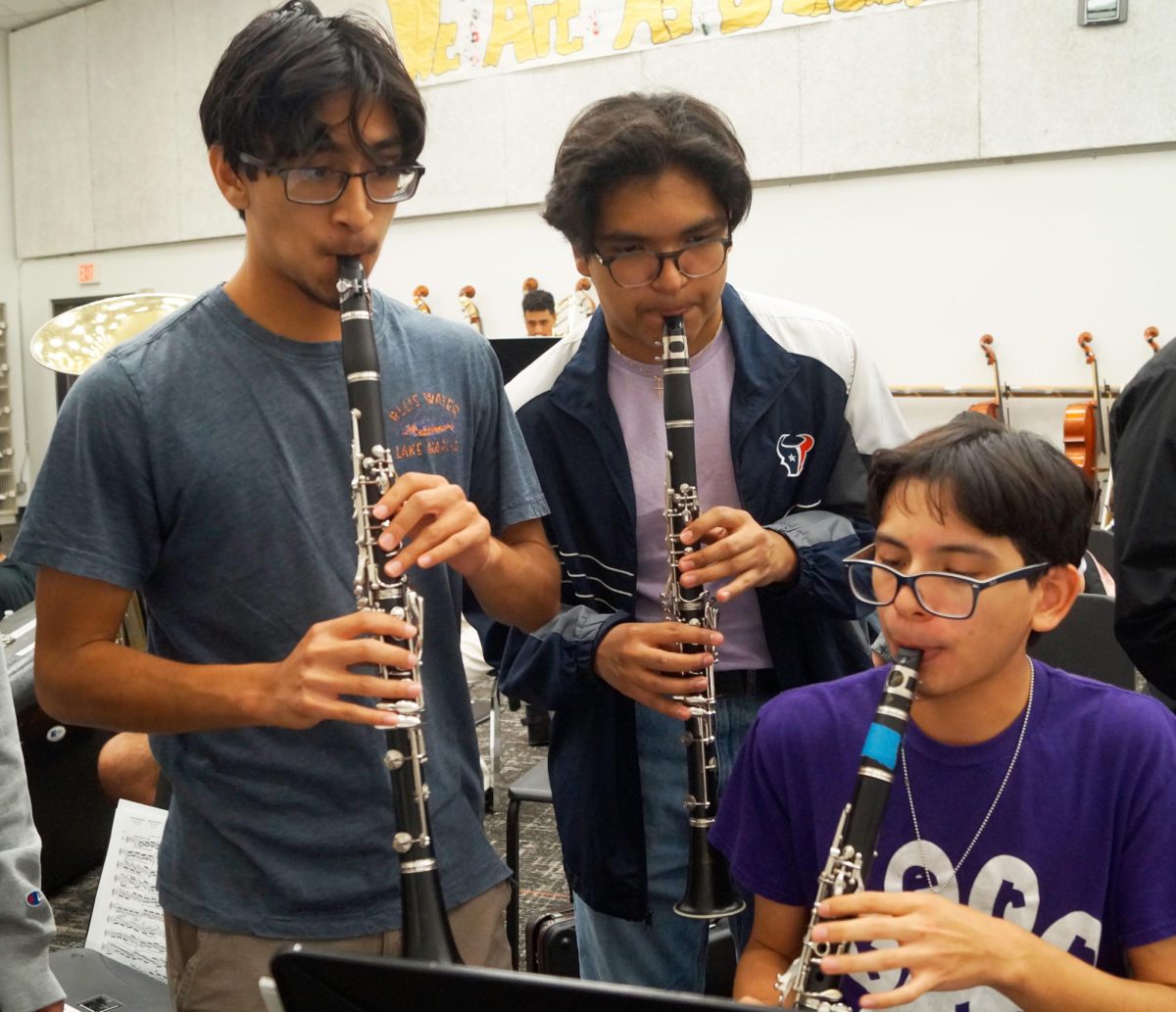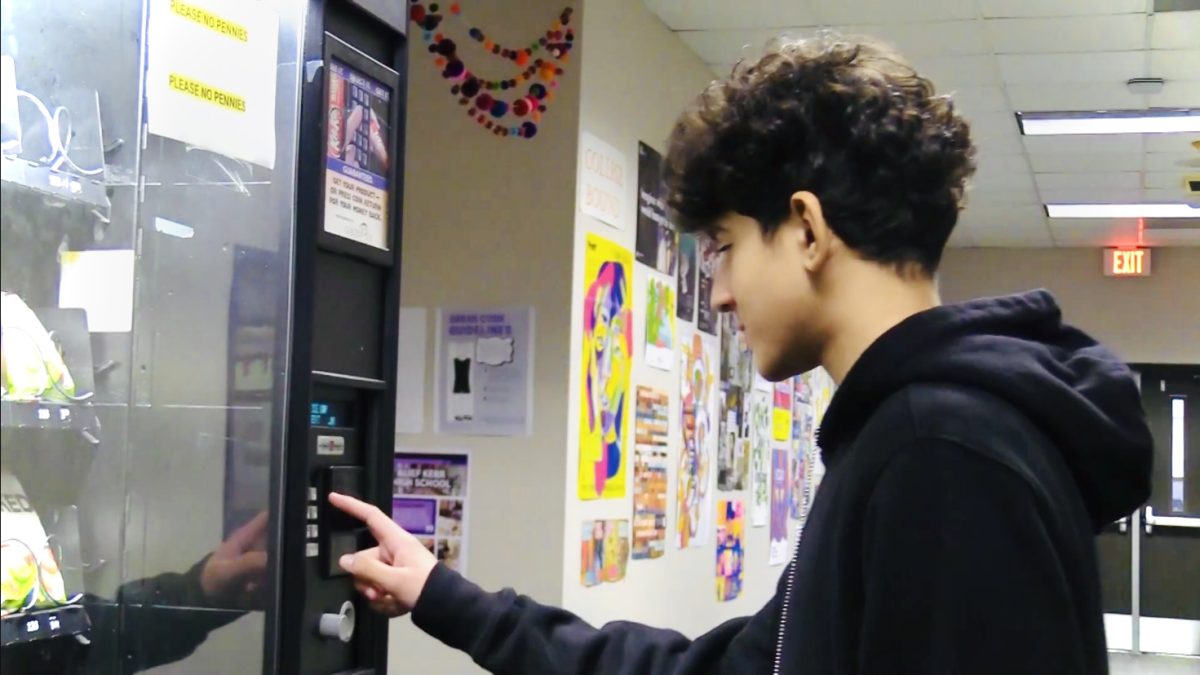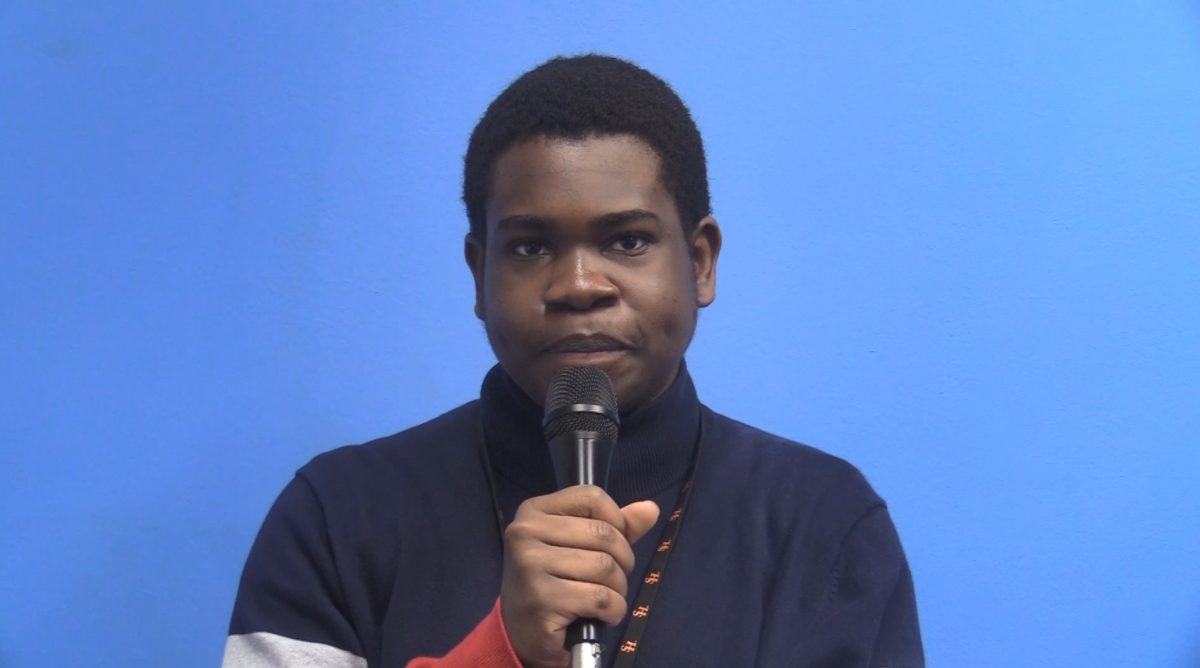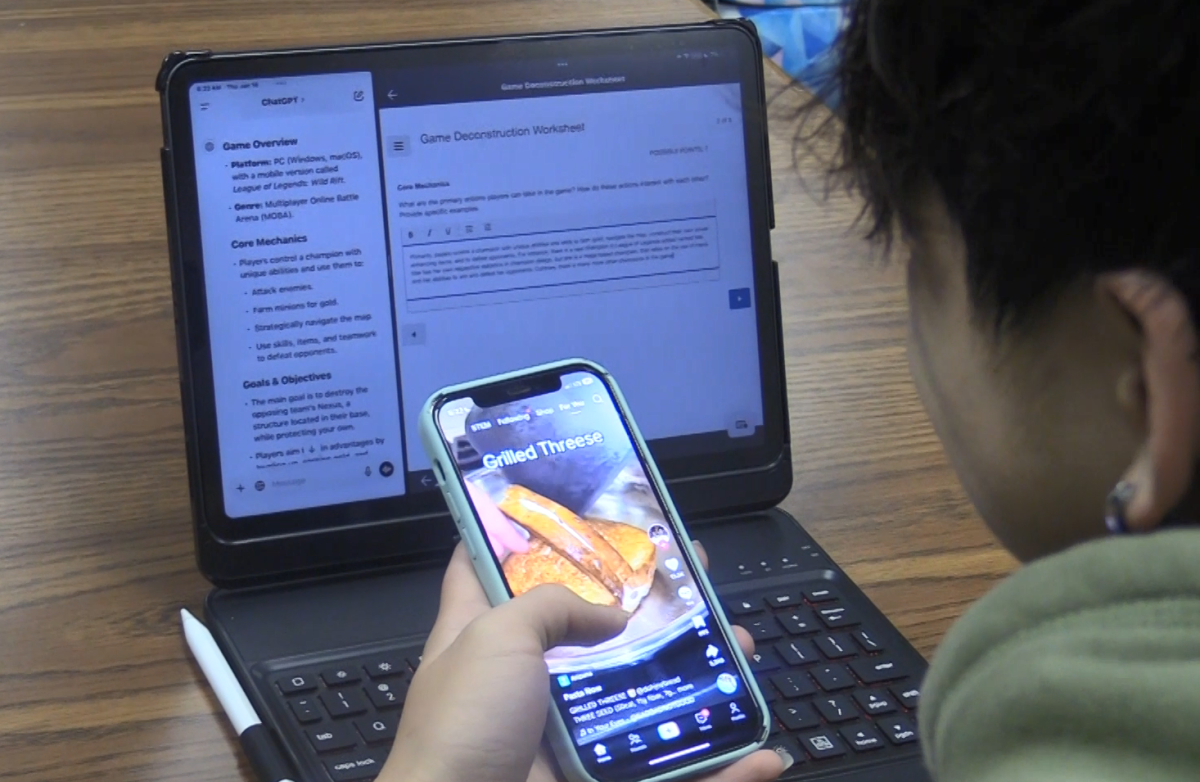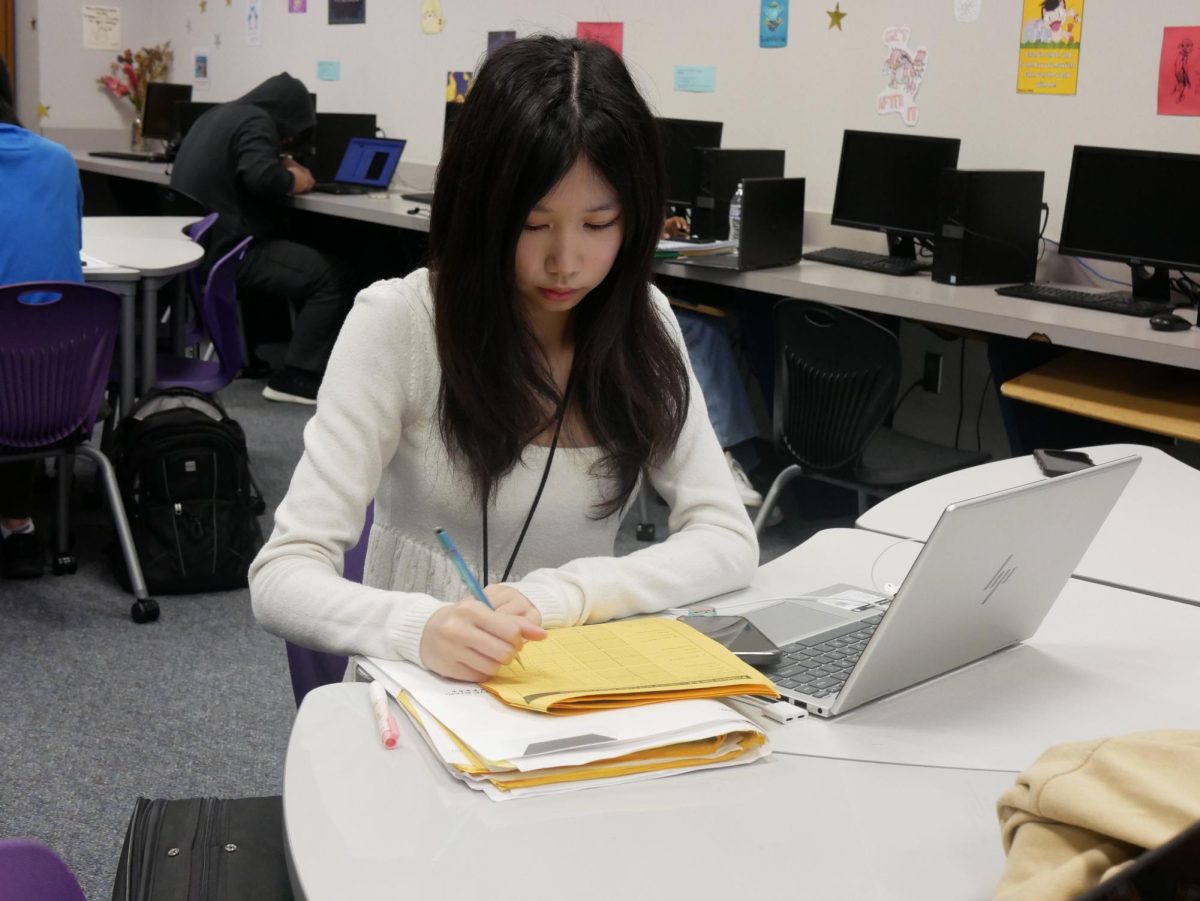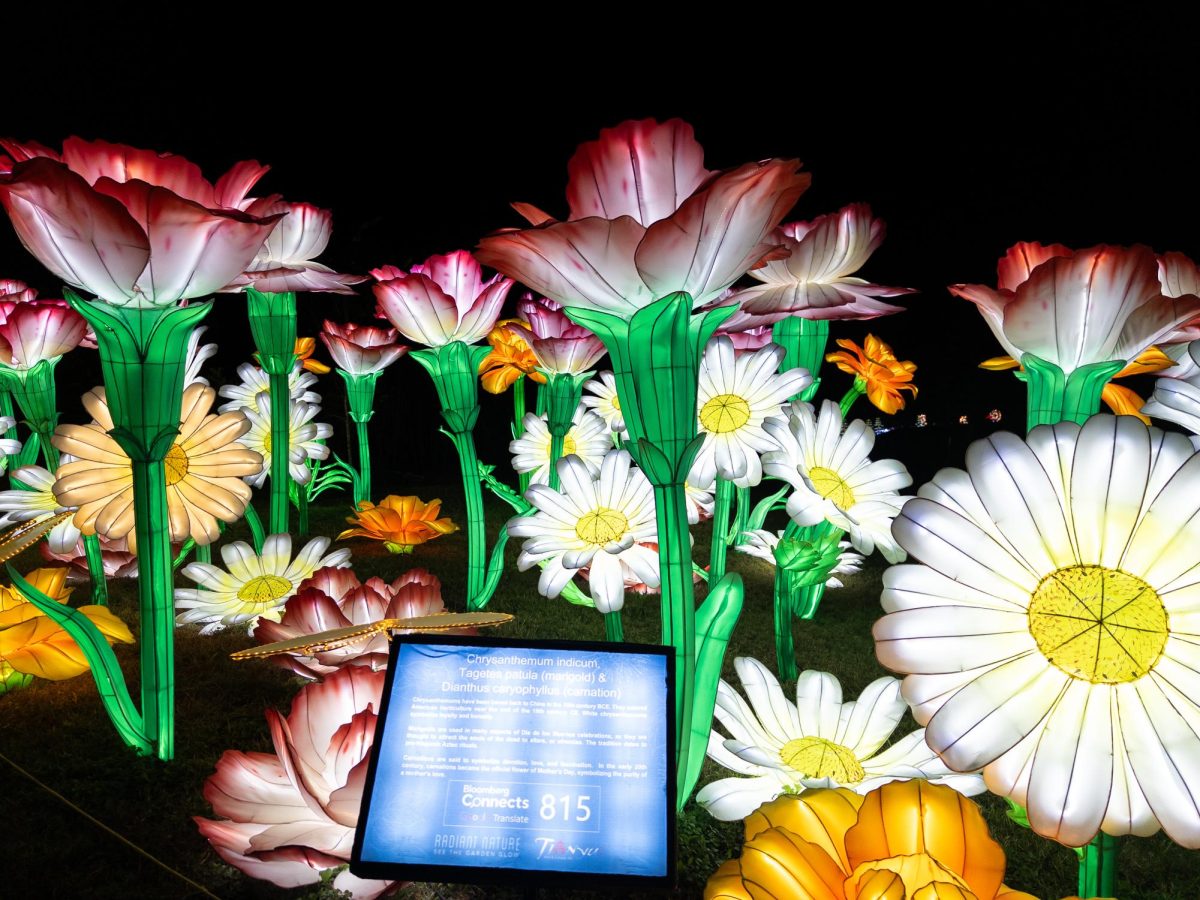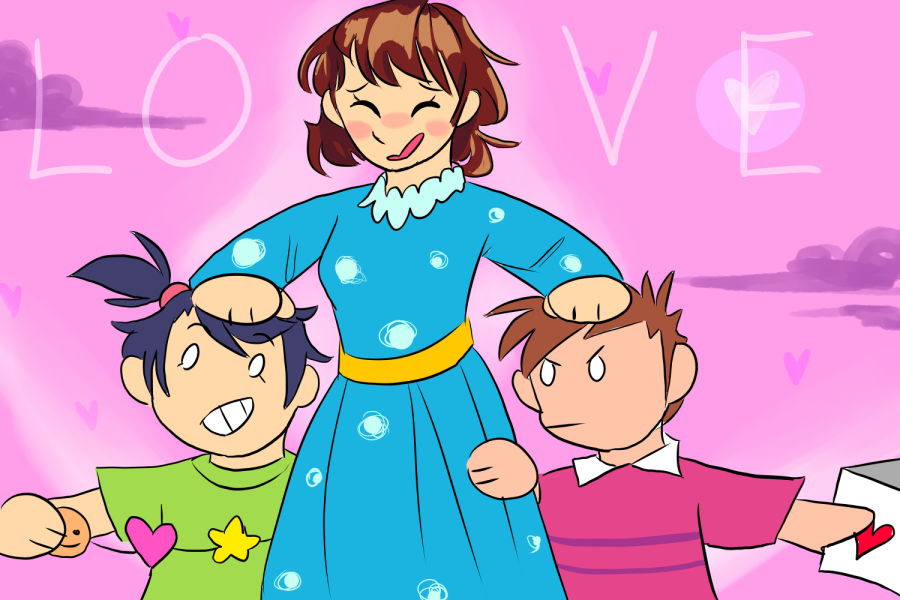The bright red arch with its golden words proclaiming “Happy New Year” stands proudly at the entrance, greeting the steady trickle of temple attendees. On the other side of the gateway, multiple footsteps pound on the gray pavement even as the aggregation of voices reaches a crescendo. Smiling in the midst of the hustle and bustle, junior Khang Nguyen gathers with his family to watch the lion-dance performances before settling down for a meal at one of the nearby food stands.
Although decorations and all sorts of food line the windows of every Asian shop during the Lunar New Year, the participants considers the celebration is less important than the reasons and values behind all of the New Year tradition.
For Khang, family reunions and interactions play key roles in Chinese New Year.
“Lunar New Year is all about connecting with people in the community,” Khang said. “A way to have a little bit of personal time with family in an age where everything is about getting out and socializing and friends.”
Freshman Denise Tran agrees, but she also believes in including one’s ancestors.
“New Year means respect to those who had passed away,” Denise said. “[My family and I pray] for my grandpa and grandma. It’s something we do every single year.”
Junior Cindy Tran holds a different idea on the roles of family in the New Year. Instead, as a Vietnamese born in California, she deems family influences to be indispensable in her knowledge of her culture.
“My family really makes a big emphasis on staying true to our roots,” Cindy said. “I grew up speaking Vietnamese, and my mom would teach me English. As I grow up, I [plan to] practice those traditions even with my own family.”
Situations such as Cindy’s are proof of the depth of parental impact. For World Geography teacher Karen Evans, the effects of the parents’ choice on whether or not to educate their children about their origins shows itself not only during holidays such as the New Year, but also in daily life.
“The parents set the culture for the home,” Evans said. “It’s the parents who oversee the cleaning, the shopping, the cooking, invite the relatives… It’s mostly about how we want our kids to fit in, but sometimes, the second or third generations say we don’t fit in anyway because we don’t have our original culture, and we don’t see it reflected in the society around us.”
Senior Nini Nguyen, though, maintained a deeper reason behind a family’s willingness to pass down their culture and the next generation’s willingness to inherit it.
“Lunar New Year is one of the few holidays that Americans also know,” Nini said. “It’s easy to celebrate it here. It’s one of the holidays that they will understand. If we celebrate any other holiday, like the Moon Harvest Festival (Trung Thu), they wouldn’t understand because it’s not well-known.”
Senior Noah McMurray has also come to the same conclusion. Although he is not of Asian heritage, he still knows some of the traditions, such as the lucky red envelopes.
” I mostly learned about [New Year] through friends talking about it,” McMurray said. “It’s seen as a big celebration. It’s more mainstream, it’s more in the mainstream culture, and so I think as you hear about it a lot more.”
Regardless, despite the popularization of Lunar New Year, for some such as Denise, the celebration is more of an obligation than a tradition, albeit one that she has learned to love over time.
“My parents wanted me to do this,” she said. “[But] I don’t do it because I am commanded to do it, I wanted to. It’s fun for me.”
Khang, on the other hand, cannot imagine his year without the Lunar New Year festivities. It has been an integral part of his childhood, and he can only imagine the loss people will experience when they do not celebrate their culture.
“They’re ignoring what brought them here in the first place: generations, hundreds of generations of forefathers that brought their tradition, their culture,” he said. “If they stop celebrating, though this is an extreme way of saying it, that’s basically denying their roots.”
After all, at its base, Lunar New Year is dedicated to preserve and commemorate one’s heritage.
“Everyone gets together and they dress up in traditional clothes, and we do all those traditional things,” Cindy said. “On a regular day, we go through life on a regular basis. It makes me feel closer to my family and to my culture as a Vietnamese person. I’m celebrating being a Vietnamese person.”

